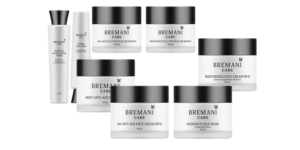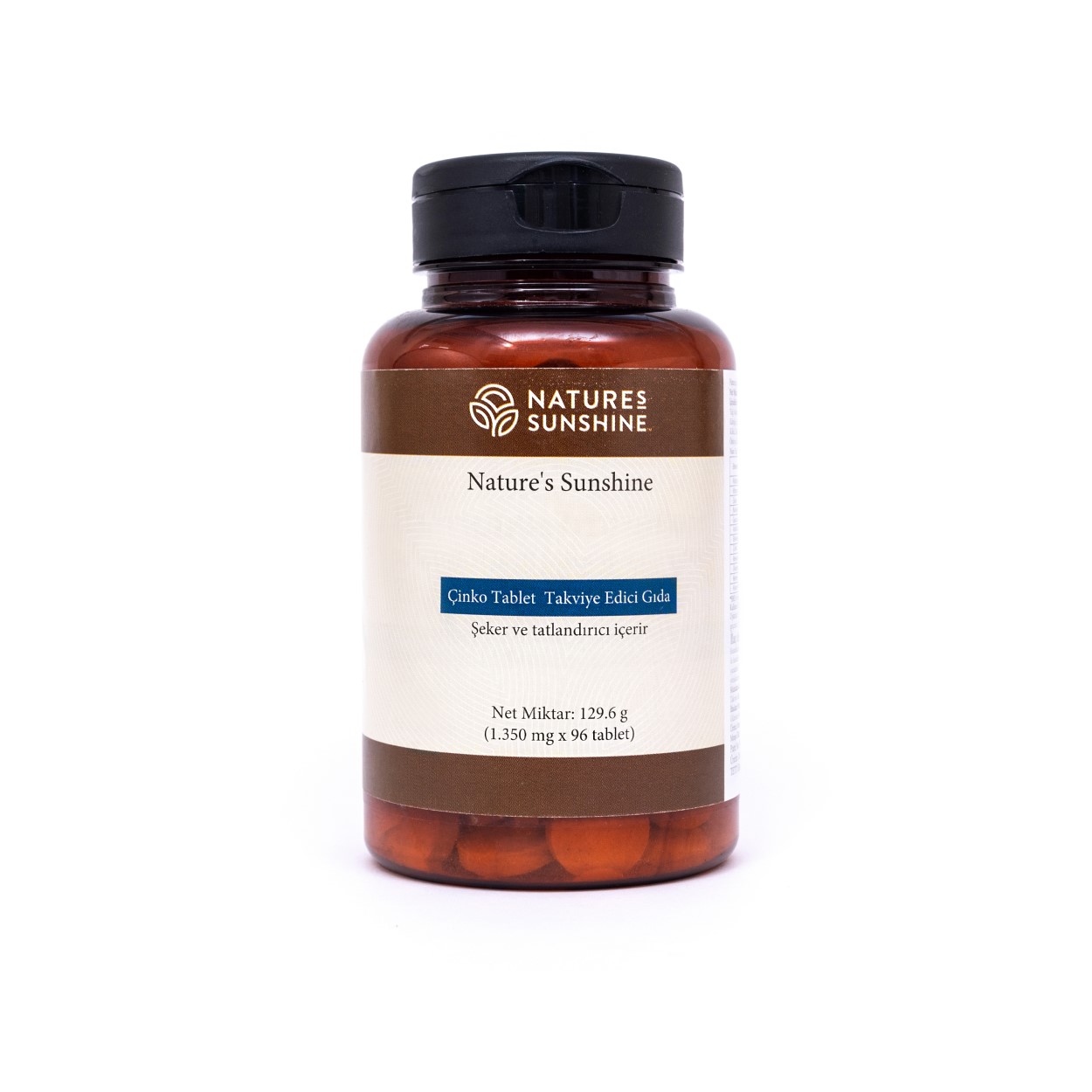No products in the cart.
Dietary supplements
Lozenges with zinc
Zinc Lozenges
PV: 13.25- Contains zinc
- Dietary Supplement
P. fiyatı / Price / Цена: ₺1.265,0
Partner fiyatı / Partner Price / Партнерская цена: ₺821,0
Zinc contributes to normal DNA synthesis.
Zinc contributes to normal acid-base metabolism.
Zinc contributes to normal carbohydrate metabolism.
Zinc contributes to normal macronutrient metabolism
Zinc contributes to the normal metabolism of fatty acids
Zinc contributes to the maintenance of normal bones.
Zinc contributes to the maintenance of normal skin, hair and nails.
Zinc contributes to the normal function of the immune system.
Zinc has a role in cell division.
Vitamin C contributes to the maintenance of normal function of the immune system during and after intense physical exercise
Vitamin C contributes to normal collagen formation, which is necessary for the normal function of blood vessels.
Vitamin C contributes to normal collagen formation, which is necessary for the normal function of bones.
Vitamin C contributes to normal collagen formation, which is necessary for the normal function of the gums.
Vitamin C contributes to normal energy-yielding metabolism.
Vitamin C contributes to the normal functioning of the nervous system
Vitamin C contributes to the normal function of the immune system.
Vitamin C contributes to the reduction of fatigue and fatigue.
Vitamin C increases iron absorption.
























